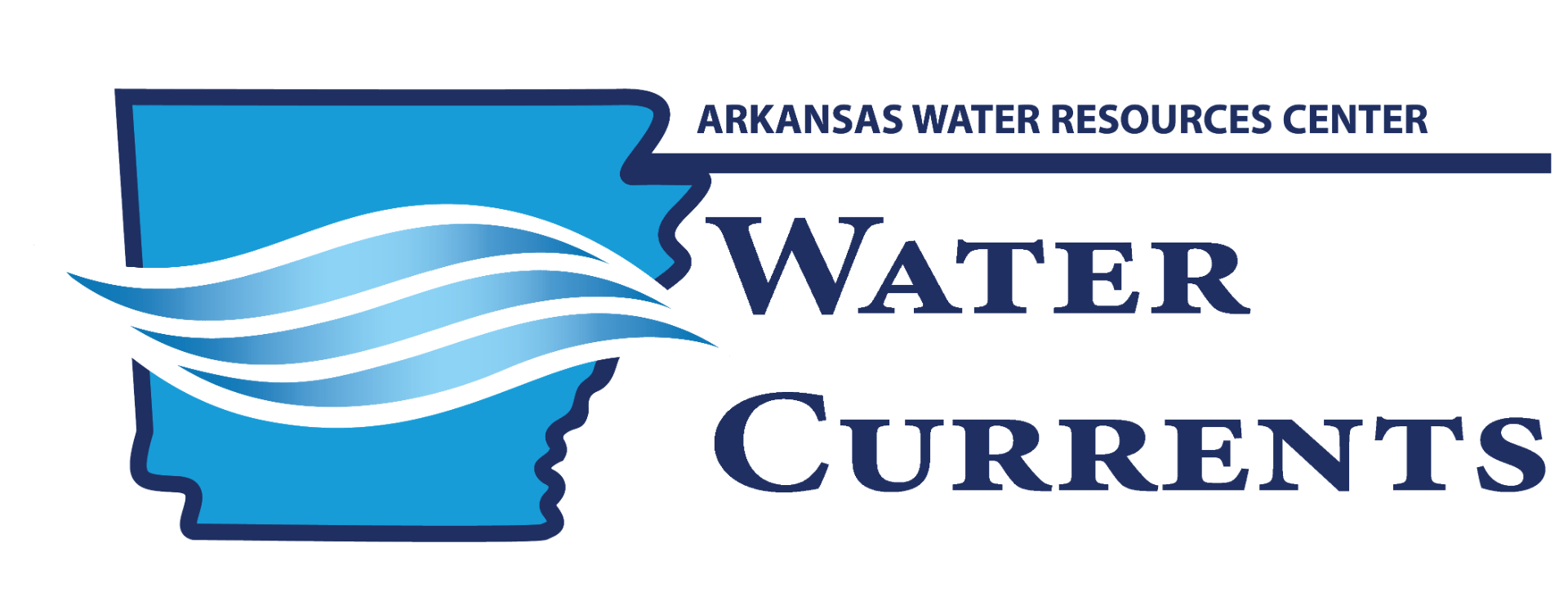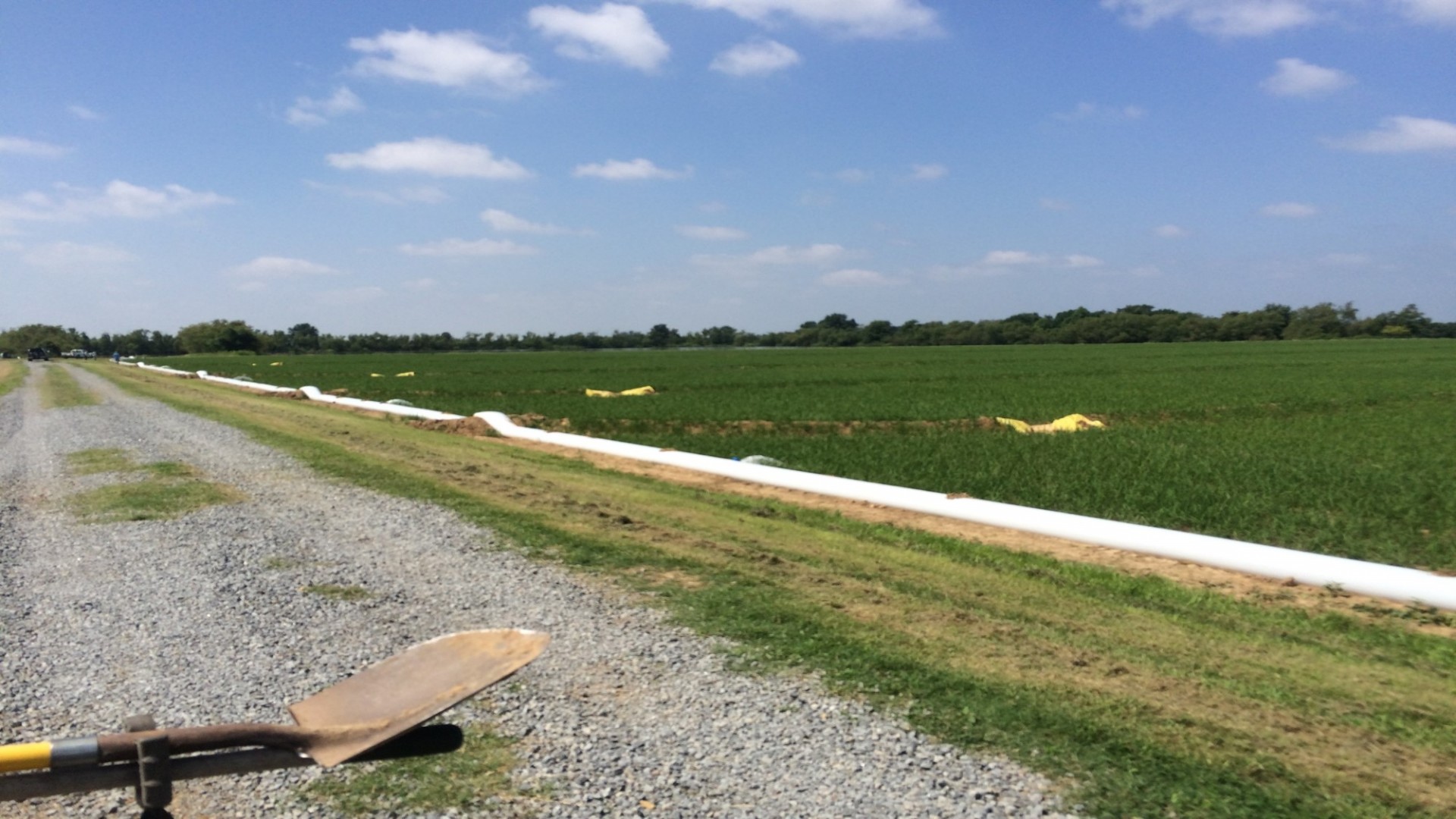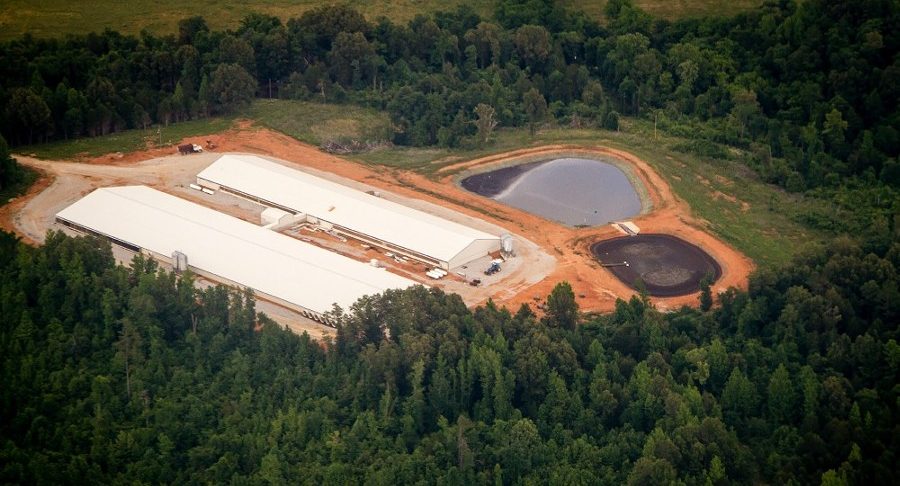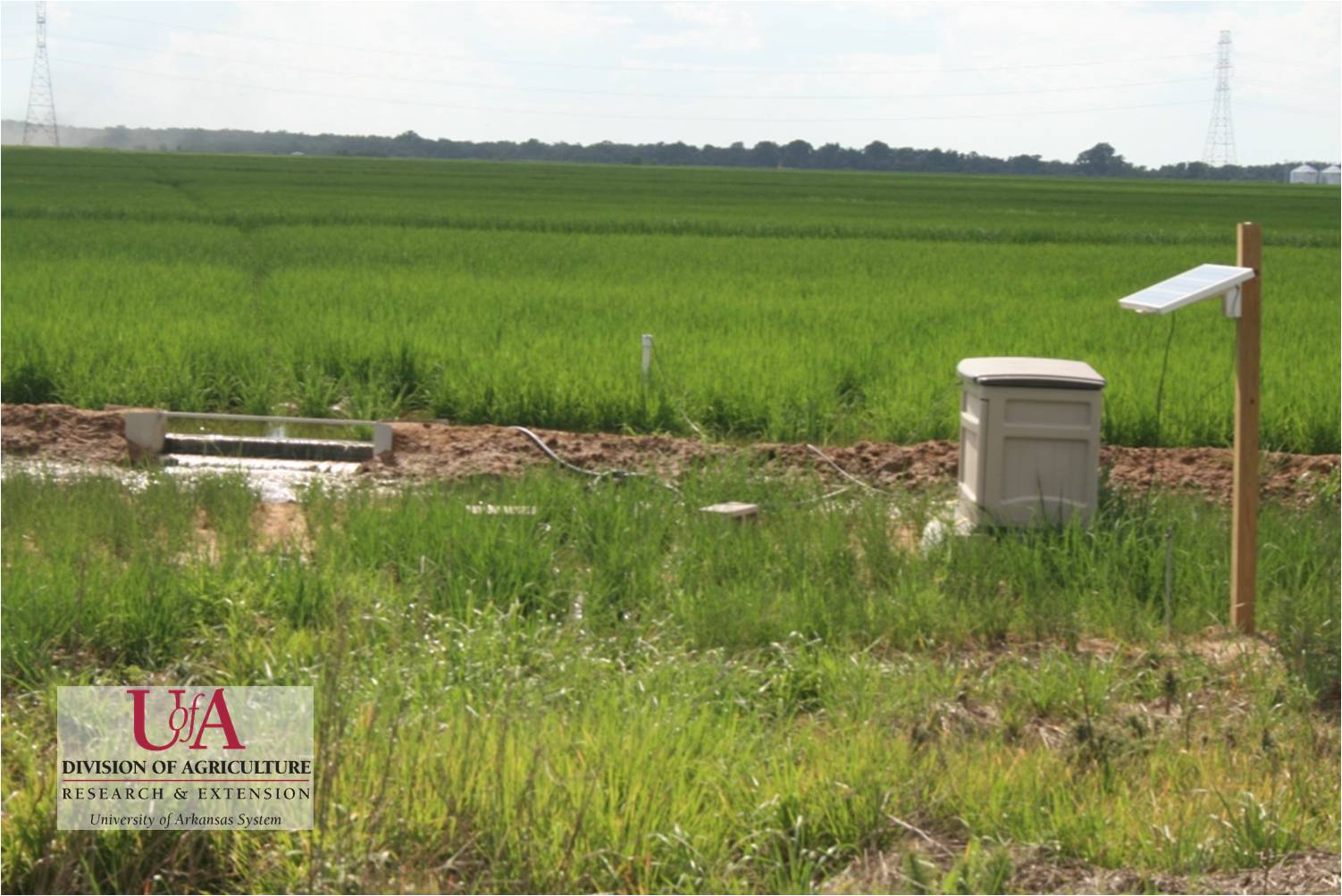
Towards a Climate-Smart Mississippi Basin
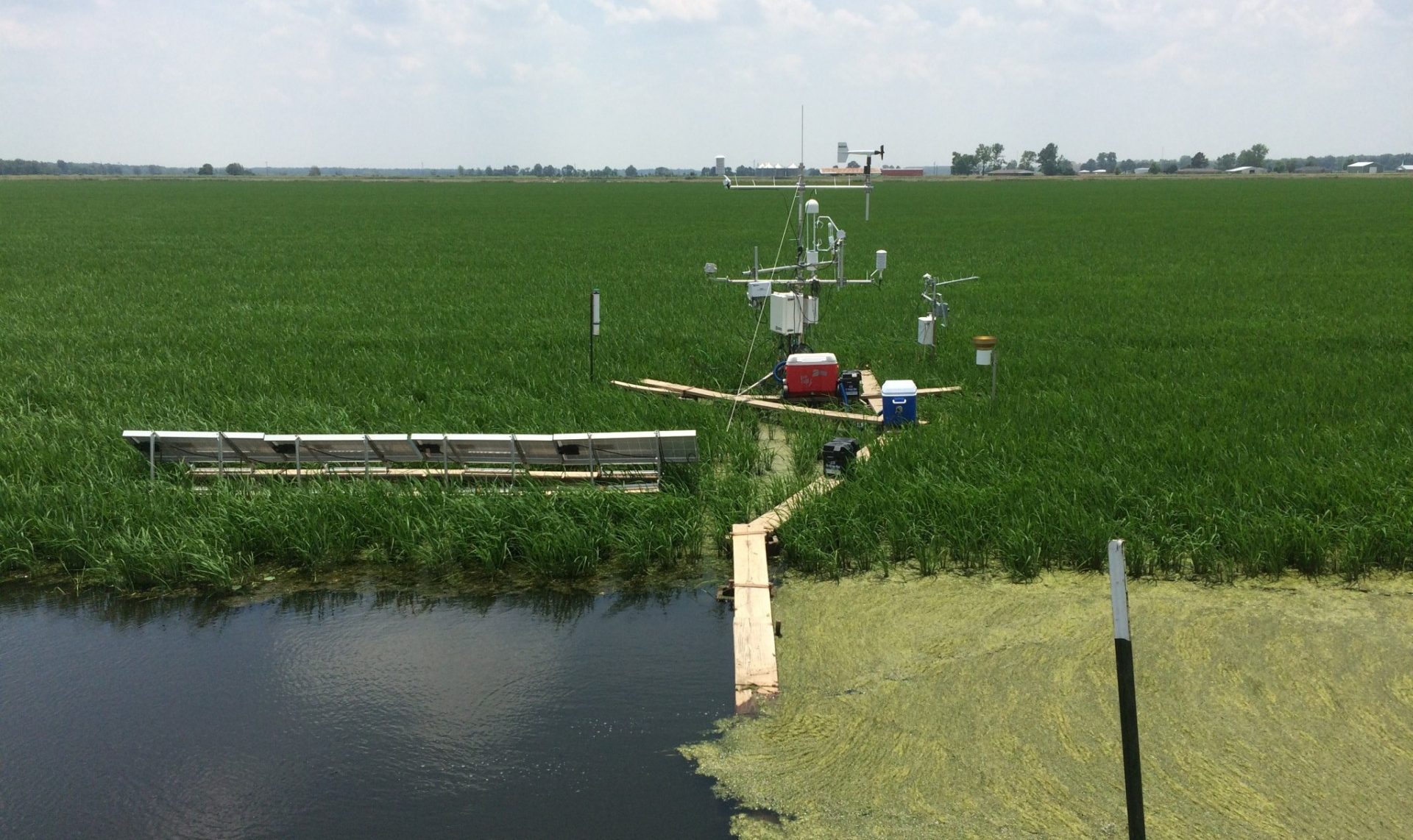
By Penelope Hillemann, American Society of Agronomy
The Lower Mississippi River Basin’s Delta region lies mainly in Arkansas, Mississippi, and Louisiana. It is a fertile area that produces many crops. The region is warm and humid, with plenty of water. This makes it a potentially important carbon sink, capable of absorbing carbon dioxide from the atmosphere. However, such warm soil and plentiful moisture can also have the opposite effect. Carbon dioxide is released from decaying plants and organic matter in the soil.
Agricultural practices can affect how much carbon is stored in the soil. Because carbon dioxide is a key greenhouse gas associated with climate change, knowing those impacts is important. For example, sustainable farming practices could be studied to see how they affect the movement, or flux, of carbon dioxide into and out of the atmosphere.
This research will now become much easier, thanks to scientists from several area universities and U.S. government agencies. They have created a network of research towers that can share continuous, high-quality data about carbon dioxide flux in different conditions. The new network is named Delta-Flux.
